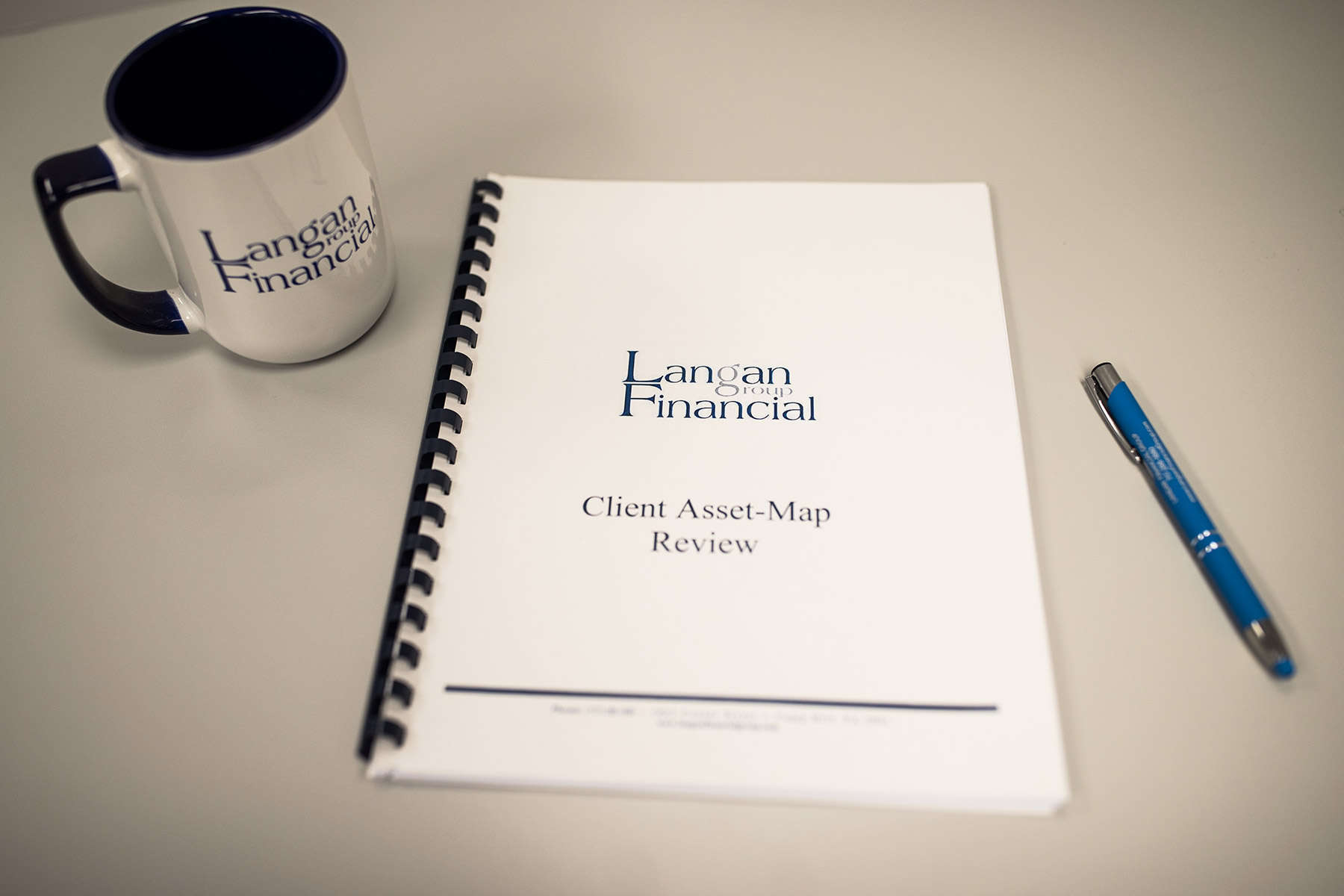An Internal Revenue Services (IRS) audit is an inspection conducted by the IRS to ensure compliance with tax laws and regulations. When a business sponsors a 401(k) plan, audits can be particularly significant as they verified that employers are following the rules governing the establishment and maintenance of retirement plans. The IRS conducts these audits to ensure the integrity of the tax-favored status of 401(k) plans and to safeguard the financial well-being of plan participants.
Why Do 401(k) Retirement Plans Get Audited?
There are several different reasons a plan can trigger a 401(k) audit, some of them can be mitigated, while others are inevitable. Some reasons include:
- Size of the Plan
- When a plan has 100 or more eligible participants at the beginning of the year, they are required to undergo an audit
- Late or Incomplete Filings
- If a form 5500 or contributions are processed late, this could result in increased regulatory oversight, triggering an audit
- Participant Complaints
- If participants raise concerns about the administrator or management of the plan, it may trigger an audit
- Testing Issues
- Plans are required to undergo nondiscrimination testing to ensure that benefits are not disproportionately favoring highly compensated employees. Failure of the tests may trigger an audit
This is not an exhaustive list of why a plan may be audited but it does capture the most common reasons.
The compliance of the plan (and ultimately the verification given by an audit) is directly tied to the tax-qualification status of the 401(k) plan. Failure to comply with the audit requirements may lead to the loss of the tax-favored status of the plan, affecting both employers and employees in terms of tax benefits.
What Happens During a 401(k) Retirement Plan Audit?
During a 401(k) audit, an independent auditor, hopefully someone near you, reviews the financial statements and operations of a company’s 401(k) plan. This is to ensure compliance with relevant laws and regulations.
The audit can be completed by a nearby certified public accountant (CPA) and involves the following steps:

- The auditor becomes acquainted with the plan’s internal controls and planning the audit procedures.
- The auditor will assess the risks associated with the 401(k) plan, seeing if there are any errors or non-compliance
- The auditor will test the internal controls relating to financial reporting and compliance. This can involve testing procedures such as segregation of duty, authorization processes, and safeguarding of plan assets
- The auditor will test a sample of transactions to ensure they are accurate and complete. This would include participant contributions, employer contributions, and investment transactions
- Auditor ensures the plan complies with laws, such as the Employee Retirement Income Security Act (ERISA)
- The auditor verifies participant data, such as eligibility, vesting, and benefit calculations to ensure participants are receiving the proper benefit
- The auditor will review financial statements, including the assets and liabilities, change in net assets, and related notes
- Once the audit is completed, the auditor will issue a report including an opinion on whether the financial statements are presented fairly and under accepted accounting standards.
It is important to note that some CPAs may conduct the audit in different steps, but this is a general outline of what they will be observing and where they may find issues.
Role of the IRS in 401(k) Retirement Plan Audits
When looking at the framework of a 401(k) plan, the IRS is the governing body that ensures the plan complies with tax laws and retirement regulations. The IRS has established guidelines for the qualification of different group retirement plan structures.
This is created so that the plan can enjoy tax advantages, such as tax-deductible employer contributions, and the tax-deferred growth of investments. Some of the responsibilities of the IRS are as follows:
- Issuing Determination Letters
When creating a 401(k) plan, the IRS will provide a determination letter to ensure that the plan meets the necessary qualification requirements. This is to ensure the employer and plan participants that the plan is up to the standards of the IRS.
- Review Plan Documents
The IRS will review plan documents to ensure they accurately reflect the terms and conditions of the retirement plan. They will review the plan’s eligibility criteria, contribution limits, distribution rules, and other provisions outlined in the tax code.
When an organization fails a 401(K) audit, it can be for many different reasons. The following section will detail the different ways a plan can fail an audit and the potential consequences. Generally, the reasons for failure of an audit can include:
- Operational Failure
- Fiduciary Breach
- Testing Failure
- Late Document Filing
- Failure to Provide Required Notices
- Lost Participant Account
401(k) Retirement Plan Operational Failure Can Trigger An Audit
An operational failure is likely to be the most common category an issue could arise. Examples of operational failures can include the following errors:
- Missed or incorrect employee contributions
- Late deposits of employee contributions
- Loan violations
- Errors in vesting calculations.
Possible penalties for an operational failure are corrective distribution or a voluntary correction program. A corrective distribution may be required if previously made contributions need to be corrected. This could involve retroactively amending the plan or making qualified non-elective contributions to correct missed deferrals.
A voluntary correction program called the Employee Plans Compliance Resolution System (EPCRS) was established by the IRS. The EPCRS allows a plan sponsor to voluntarily correct errors and bring the plan back into compliance without facing severe penalties.
401(K) Fiduciary Breach
Examples of a fiduciary breach would be a financial professional engaging in a prohibited transaction or self-dealing.
When a named plan fiduciary breaches their duty, they may be subject to excise tax. An excise tax is imposed on the responsible party involved in the breach to further deter future issues.
401(K) Retirement Plan Audit Non-Discrimination Testing Failure
Non-Discrimination testing is a regulatory requirement that ensures fair and equitable participation in the plan for both highly compensated employees (HCEs – compensation over $130,000) and non-highly compensated employees (NHCEs – compensation under $130,000). The testing evaluated contributions and benefits to prevent disproportionately favoring the HCEs. Plans must pass two tests to maintain compliance with the IRS regulations.
Possible penalties for failing nondiscrimination testing can include corrective action or excise taxes. Excise taxes can be associated with non-compliance with non-discrimination testing. The IRS may assess these taxes on the excess contributions made to the highly compensated employees, encouraging plan sponsors to maintain a fair and equitable distribution of benefits.
Late Filing of Form 5500
Form 5500 is a disclosure required to be filed annually to report on the plan’s financial condition and operations. If filing a Form 5500 late, it may result in a penalty with the amount increasing based on the length of the delay.
Failure to Provide Required 401(K) Retirement Plan Distributions
Plan sponsors need to stay up to date with specific disclosure requirements and how they apply to their 401(k) plans. Each year, documents such as the Summary Plan Description and Qualified Default Investment Alternative (QDIA) notice are required to go to participants. If these distributions are missed, the IRS may impose fines for each participant who did not receive the necessary information.
Lost Participant Issues within 401(K) Plans

If a participant is separated from service and a plan sponsor is unable to locate and pay the benefits to the participant, the DOL could take enforcement action. This could involve audits, penalties, and the need to implement procedures to address lost participant issues.
How Can a Business Protect Itself from Failing a 401(k) Retirement Plan Audit?
Multiple steps can be taken to mitigate failing a 401(k) retirement plan audit. It is important to note that all of these steps should be taken to have the strongest 401(k) plan administration.
- Updated Regulation Changes
- Regularly reviewing and staying up to date with changes in 401(k) retirement plan regulations and adjusting plan operations in accordance
- Most common updates will come from the Department of Labor or the IRS
- Utilizing Experienced Professionals
- By working with experienced 401(k) retirement plan professionals, such as the third-party administrator, advisors, and audit partners. Their expertise can help navigate complex regulations and ensure proper plan administration
- Implementing Strong Internal Controls
- There should be strong controls on how contributions, distributions, loans, and other plan transactions are completed.
- 401(k) Retirement Plan Testing
- Regular testing for nondiscrimination, which includes contributions, coverage, and benefits should be completed by the third-party administrator to prevent issues that might trigger an audit
- Reviewing Plan Design and Operations
- At a minimum, the plan sponsor should be meeting with the advisor to review the plan design, see if any changes need to be made, and review the efficacy of the plan.
- Fiduciary Training
- Plan fiduciaries should be aware of their responsibilities and engage in fiduciary training. Fiduciaries must act solely in the interest of the plan participants and follow the terms of the plan.
When sponsoring a 401(k) plan, the plan sponsor must be aware of the potential issues that can arise during an audit. Suppose the audit finds non-compliance at an operational, testing, or documentation level. In that case, there may be corrective actions that can result in fees, and more importantly, can impact the ability of your employees to save for retirement. To be sure your 401(k) plan stays in compliance, it is important to review your plan at a minimum once a year, with the financial advisor and third-party administrator. During the review, you can discuss each of the previously mentioned red flags and be sure that your plan is safe from non-compliance.
About the Authors

Alexander Langan, J.D, CFBS, serves as the Chief Investment Officer at Langan Financial Group. In this role, he manages investment portfolios, acts as a fiduciary for group retirement plans, and consults with clients regarding their financial goals, risk tolerance, and asset allocation.
With a focus on ERISA Law, Alex graduated cum laude from Widener Commonwealth Law School. He then clerked for the Supreme Court of Pennsylvania and worked in the Legal Office of the Pennsylvania Office of the Budget, where he assisted in directing and advising policy determinations on state and federal tax, administrative law, and contractual issues.
Alex is also passionate about giving back to the community and has participated in The Foundation of Enhancing Communities’ Emerging Philanthropist Program, volunteers at his church, and serves as a board member of Samara: The Center of Individual & Family Growth. Outside of work and volunteering, Alex enjoys his time with his wife Sarah and their three children, Rory, Patrick, and Ava.

Harry Claypool currently serves as an Associate 401(k) Advisor at Langan Financial Group where he assists Alex in servicing retirement plans, preparing plan reviews, and handling administrative work. In his free time, Harry enjoys visiting new restaurants, spending time with friends and family, and watching the Eagles.
About Langan Financial Group
Langan Financial Group, based outside of Harrisburg, PA, is an independent financial planning firm established in 1985, offering a broad range of financial planning services. With an open architecture platform, our advisors have access to a diverse range of products, free from any sales quotas. Our team of 9 financial experts, each with unique specialties, enhances our ability to focus on delivering value to our clients.
Disclosure
Securities offered through Cambridge Investment Research, Inc., a Broker/Dealer, Member FINRA/SIPC.
Investment Advisor Representative, Cambridge Investment Research Advisors, Inc. a Registered Investment Advisor. Cambridge and Langan Financial Group, LLC are not affiliated.
Cambridge does not offer tax or legal advice.



